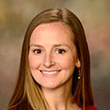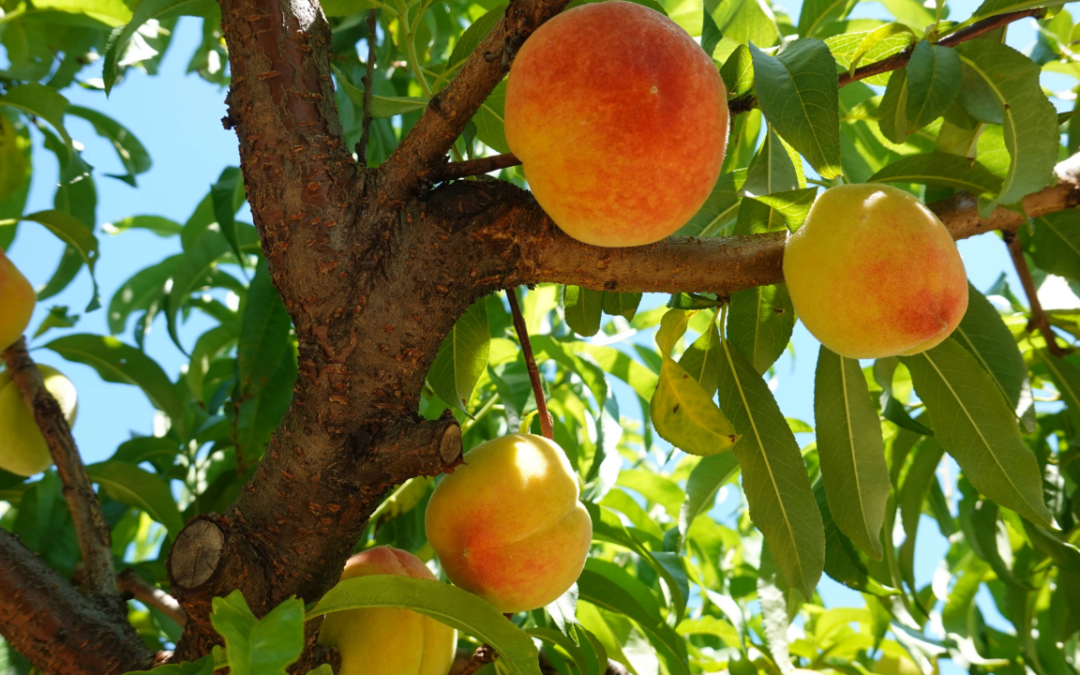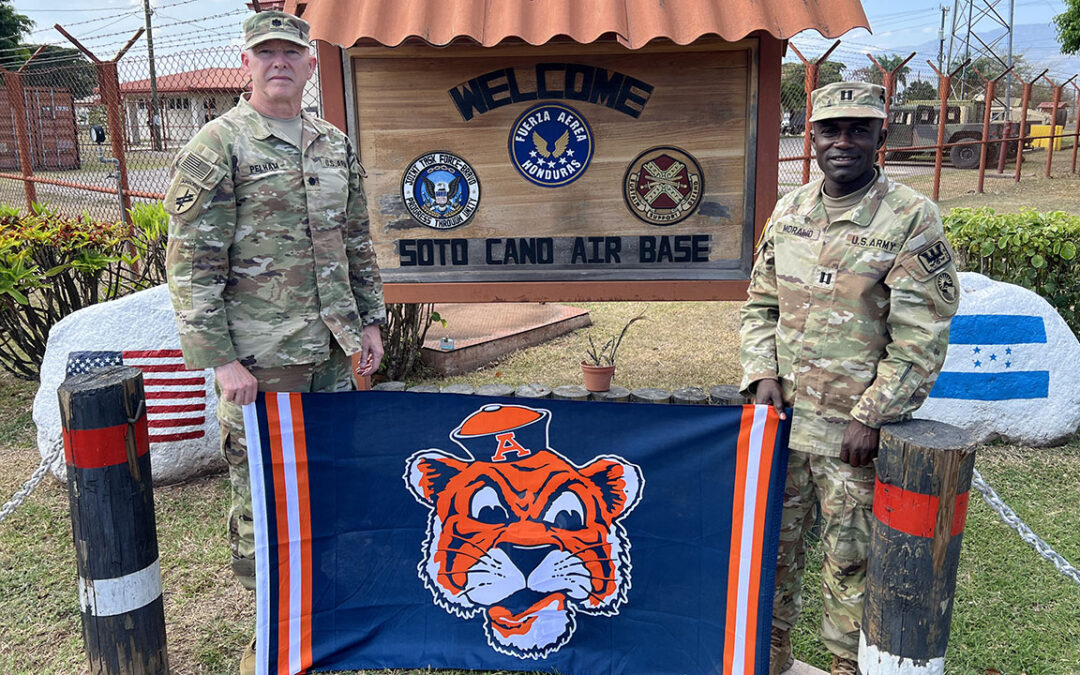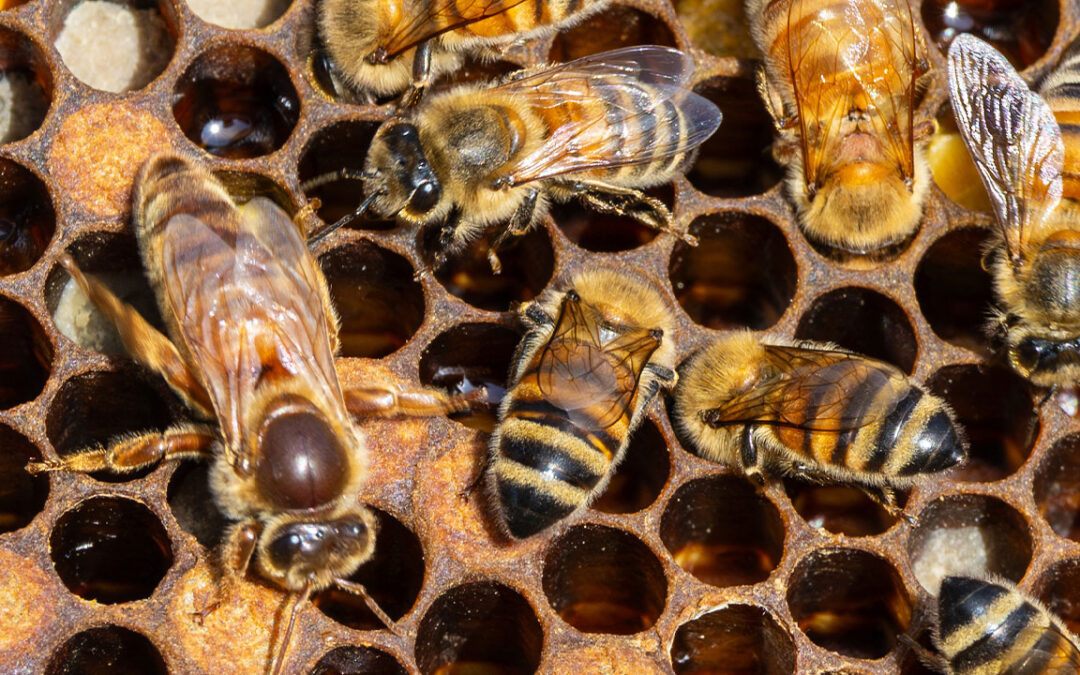by WENDY REED
A gift of more than half a million dollars from the estate of an Auburn horticulture alumnus and his wife has fully funded an endowed professorship in the Department of Horticulture and strengthened a scholarship fund for Auburn horticulture students.
The professorship, funded with $300,000 of the total gift, is the Elbert A. and Barbara L. Botts Endowed Professorship in Horticulture, and Dave Williams, horticulture professor and former department head, has been awarded the appointment.
Elbert “Burt” Botts graduated with a degree in ornamental horticulture from Alabama Polytechnic Institute in 1950 and went on to build a highly successful career as a nurseryman in Augusta, Ga., where his nursery and garden center was known for its exceptional customer service and high-quality merchandise. Botts and his wife were also instrumental in establishing the Georgia Botanical Gardens in Augusta and Athens.
Before his death in 1995, Botts established the Elbert A. and Barbara A. Botts Fund for Excellence in Horticulture at his alma mater to provide scholarships to horticulture students and programmatic support to the Department of Horticulture. In 2003, Mrs. Botts set up the endowed professorship through a bequest. Mrs. Botts died in April 2010.
The remaining almost $224,000 from the Botts estate has gone toward the Botts Fund for Excellence, bringing the total in that account to $254,000.
Williams, who earned his bachelor’s and master’s degrees in horticulture from Auburn in 1980 and 1985, respectively, joined the faculty in 1991. In 2006, he was named department head and held that role until Nov. 1, 2012, except for a period of 19 months during which time he served as associate dean for instruction for the College of Agriculture.
In addition to Williams’ appointment, three other College of Ag faculty members who were named to endowed professorships in 2010 have been reappointed to serve in those capacities until 2016.
- Entomology professor Nannan Liu, has been reappointed as the Entomology and Plant Pathology Faculty Endowed Professor. Faculty in the Department of Entomology and Plant Pathology established the professorship to encourage and reward excellence in the department.
- Horticulture professor and current department head Jeff Sibley remains the Barbara and Charles Bohmann Endowed Professor, a professorship established by friends of the Bohmanns to recognize the couple’s lifelong commitments to the advancement and enjoyment of horticulture as well as their long service to the Garden Clubs of Alabama Inc.
- Gary Keever, the Dr. Thomas H. Dodd Jr. Endowed Professor in Horticulture, has been reappointed to that position, which honors the memory of Dodd, a highly successful nurseryman at his family’s nursery in Semmes and a pioneer in the nursery industry.
All appointments and reappointments were made after formal and competitive searches conducted by committees comprised of faculty from the College of Ag as well as from other colleges and schools on campus. Each professorship appointment is for three years.




